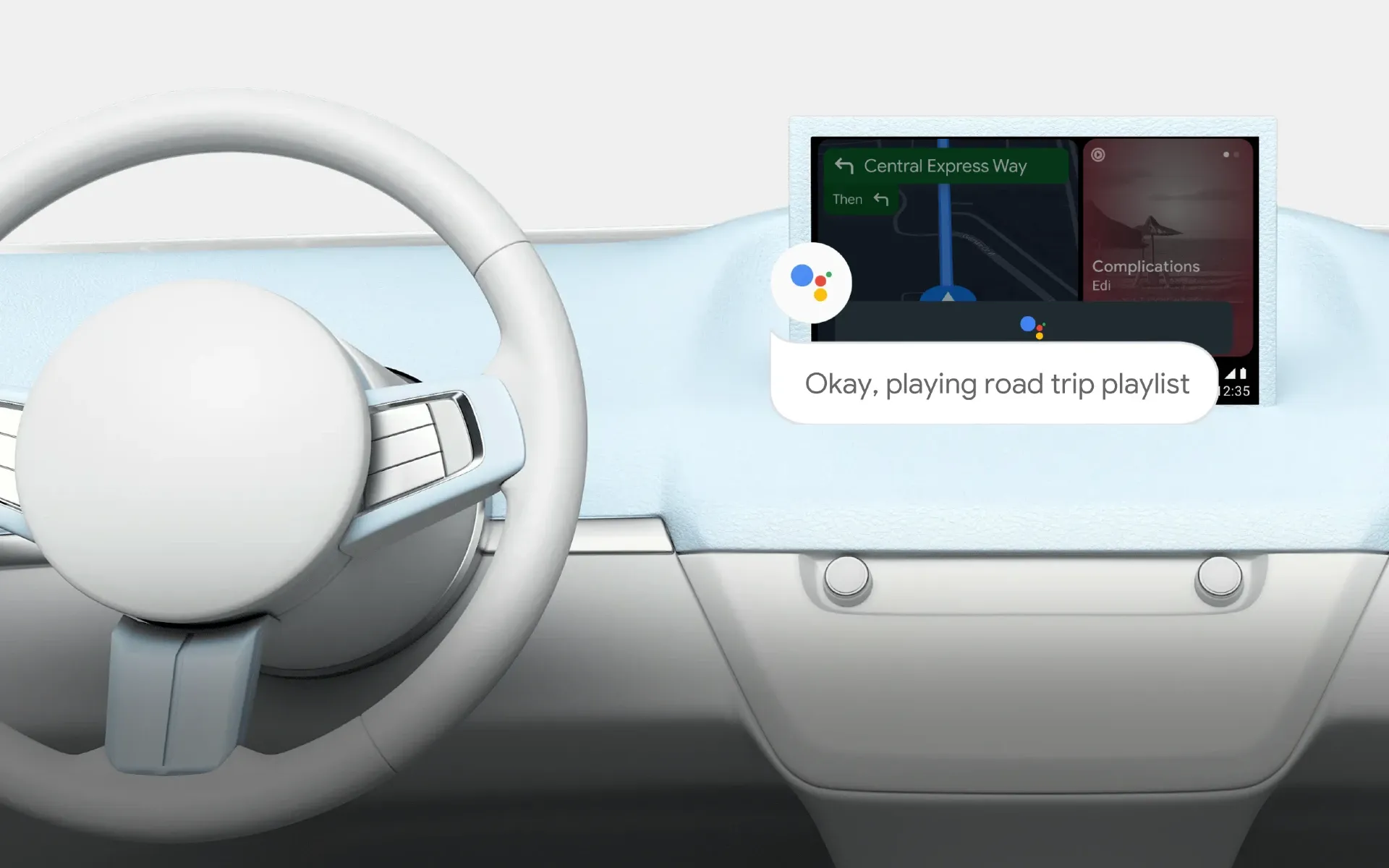EU: Google's Android Auto access denial may breach competition rules
AG Medina's opinion suggests Google's refusal to allow third-party access to Android Auto could violate EU competition laws.

On September 5, 2024, Advocate General Laila Medina delivered an opinion in Case C-233/23 regarding Google's refusal to provide third-party access to its Android Auto platform. The case, referred to the Court of Justice of the European Union by the Italian Council of State, stems from a dispute between Google and Enel X, an electric car charging service provider.
According to the press release from the Court of Justice, the case revolves around Google's Android Auto, an application launched in 2015 that allows users to access certain smartphone apps through a car's integrated display. In September 2018, Enel X requested Google to make its JuicePass app, which offers electric vehicle charging features, compatible with Android Auto. Google denied this request, citing security concerns and resource allocation issues.
The Italian Competition Authority subsequently found Google's conduct to be in breach of EU competition rules, determining that the tech giant had abused its dominant position by obstructing and delaying the publication of JuicePass on Android Auto. Google challenged this decision, leading to the referral to the Court of Justice.
In her opinion, Advocate General Medina examines whether this case falls under the traditional case law applicable to refusals to grant access by a dominant undertaking, known as the Bronner conditions. These conditions, established in a 1998 Court of Justice judgment, state that a refusal to grant access to infrastructure developed by a dominant undertaking for its own activities can constitute an abuse of dominant position if the refusal eliminates all competition, cannot be objectively justified, and the infrastructure is indispensable with no actual or potential substitute.
Medina concludes that the Bronner conditions do not apply in this case. She argues that when a platform, such as Android Auto, is designed to incorporate third-party developers' apps, it is not necessary to demonstrate the platform's indispensability for the neighboring market. Instead, Medina proposes that an undertaking abuses its dominant position if it excludes, obstructs, or delays access by a third-party operator's app to the platform, provided that this conduct can produce anticompetitive effects detrimental to consumers and lacks objective justification.
The Advocate General acknowledges that a dominant undertaking's refusal to provide platform access may be objectively justified in certain circumstances. These include situations where the requested access is technically impossible, could negatively impact the platform's performance, or run counter to its economic model or purpose. However, Medina emphasizes that the mere need to develop a software template to accommodate specific operator needs does not justify access refusal, provided an appropriate timeframe is allowed for development and suitable consideration is given to the dominant undertaking.
Importantly, Medina's opinion states that EU competition rules do not impose an obligation on dominant undertakings to predefine objective criteria for examining access requests to a platform. The absence of such criteria might only be considered in assessing the abusiveness of conduct when it leads to excessive delays in granting access or discriminatory treatment among concurrent applicants.
The case highlights the complex interplay between technological innovation, market dominance, and competition law in the digital age. Google, as the developer of the Android operating system and the Android Auto platform, holds a significant position in the mobile and automotive software markets. The company's decisions regarding third-party access to its platforms can have far-reaching implications for competition and consumer choice in related markets, such as electric vehicle charging services.
This case is particularly relevant given the increasing integration of smartphones and vehicles, as well as the growing importance of electric vehicles and associated charging infrastructure. As these technologies converge, ensuring fair competition and open access to platforms like Android Auto becomes crucial for fostering innovation and providing consumers with a wide range of services.
It is important to note that the Advocate General's opinion is not binding on the Court of Justice. The Judges of the Court will now begin their deliberations, with a final judgment to be delivered at a later date. The Court's decision will have significant implications for how dominant technology companies manage access to their platforms and could potentially reshape the landscape of in-car app ecosystems.
The case also raises broader questions about the responsibilities of dominant technology companies in ensuring fair competition in adjacent markets. As digital platforms increasingly serve as gatekeepers to various services and markets, regulators and courts are grappling with how to balance innovation and market power with the need to maintain competitive markets and protect consumer interests.
While the final outcome of this case remains to be seen, it underscores the ongoing scrutiny of big tech companies' practices by competition authorities worldwide. The Court of Justice's eventual ruling could potentially set a precedent for how similar cases are approached in the future, not only within the European Union but potentially influencing regulatory approaches in other jurisdictions as well.
Key facts
- The opinion was delivered on September 5, 2024, by Advocate General Laila Medina.
- The case concerns Google's refusal to allow Enel X's JuicePass app on the Android Auto platform.
- Enel X requested access to Android Auto in September 2018.
- Google launched Android Auto in 2015.
- The Italian Competition Authority found Google's conduct to be in breach of EU competition rules.
- Advocate General Medina concluded that the Bronner conditions do not apply in this case.
- Medina suggests that excluding, obstructing, or delaying third-party access to platforms like Android Auto could constitute an abuse of dominant position.
- The opinion states that EU competition rules do not require predefined objective criteria for examining access requests.
- The Advocate General's opinion is not binding on the Court of Justice.
- The final judgment will be delivered at a later date.

